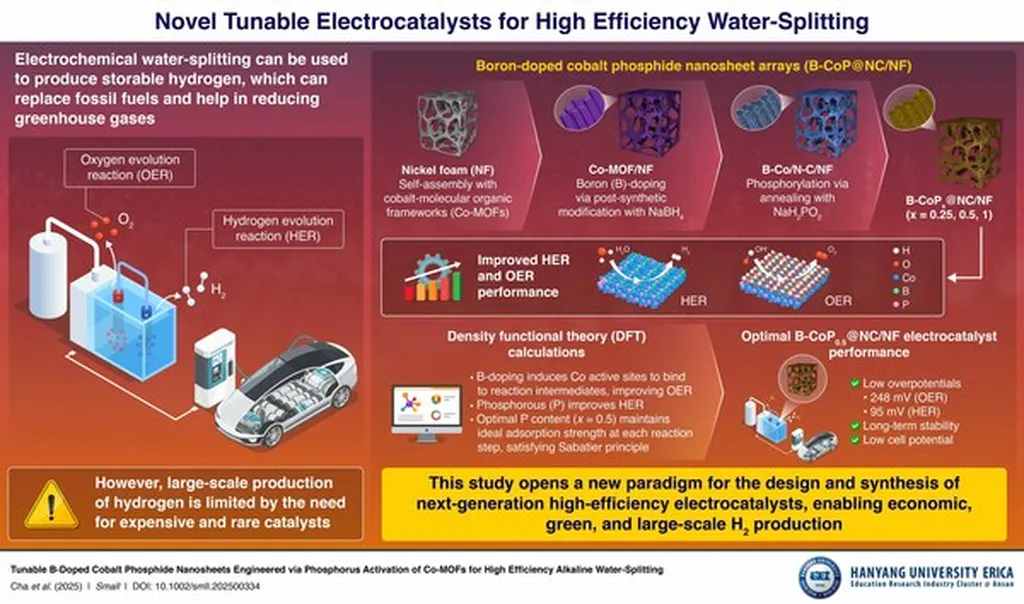In a groundbreaking development that could revolutionize industrial processes, researchers have unveiled a novel method to accurately assess the impact of enzyme encapsulation within protein nanocages. This innovation, spearheaded by Norifumi Kawakami from the Department of Biosciences and Informatics at Keio University in Yokohama, Japan, holds significant promise for enhancing reaction efficiency in various sectors, particularly in energy and biotechnology.
Enzymes, nature’s catalysts, have long been harnessed for their ability to speed up chemical reactions. However, encapsulating these enzymes within protein cages to mimic natural processes and improve their performance has been a challenging endeavor. The primary hurdle has been measuring the activity of both encapsulated and free enzymes under consistent conditions, a problem Kawakami’s team has now addressed.
The researchers developed a model system using alcohol dehydrogenase from Thermoanaerobacter brockii (TbADH) and an artificially designed protein nanocage called TIP60. TIP60’s unique property of disassembling at temperatures above 65°C, which is lower than TbADH’s melting point, allows for the controlled release of the encapsulated enzyme. This breakthrough enables the measurement of enzyme activity using the same sample under identical reaction conditions.
“We found that cofactor accessibility to TbADH and limited molecular motion to form productive conformations are key factors controlling their activity,” Kawakami explained. This insight could pave the way for designing more efficient enzymatic processes, potentially transforming industries that rely on chemical reactions.
The implications for the energy sector are particularly noteworthy. Enzymes play a crucial role in biofuel production, and enhancing their efficiency could lead to more sustainable and cost-effective energy solutions. “This method could help us optimize enzyme performance, making biofuel production more viable and environmentally friendly,” Kawakami added.
Published in the journal Nano Select (translated from Japanese as “Nano Choice”), this research marks a significant step forward in the field of biocatalysis. By providing a clearer understanding of how encapsulation affects enzyme activity, it opens up new avenues for innovation in industrial and energy applications.
As the world seeks greener and more efficient technologies, Kawakami’s work offers a promising path forward. The ability to fine-tune enzyme performance could not only boost productivity but also reduce the environmental impact of various industrial processes. This research is a testament to the power of interdisciplinary collaboration and the potential of biotechnology to drive sustainable development.

